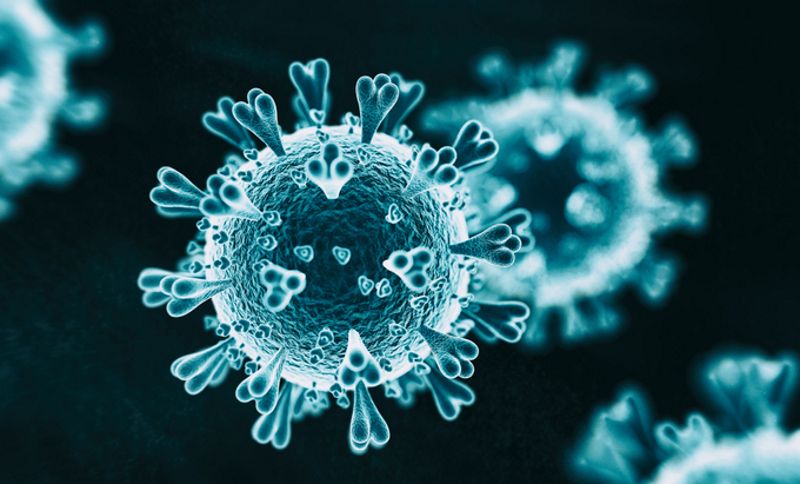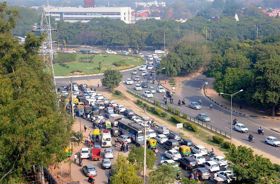
Photo for representational purpose only. File photo
Tribune News Service
Ludhiana, September 10
The Covid pandemic has disturbed the mental health of people and cast a devastating impact on their minds. It has caused profound psychological and social effects and also led to increase in suicides.
Every year September 10 is observed as “World Suicide Prevention Day” to raise awareness about suicide and promote preventive measures to reduce the number of such cases.
How one can help
- Ask if the person is thinking about suicide. Be direct. Use specific words like “suicide”, “kill yourself” and “take your life”.
- Listen without judgement. Let the person talk without interruption and make them feel heard.
- Respond with kindness and care. Always take the person seriously.
- Do follow-up with person and support his transition from crisis to recovery.
This year, the theme of the day is “Creating hope through action” to give a new sense of purpose and empower and people with skills and confidence to connect with someone they think may be struggling to stay alive.
Dr Rupesh Chaudhary, Professor at Department of Psychiatry, Dayanand Medical College and Hospital (DMCH), said, “It is the most common cause of death for people aged between 15-38 years and the rate of suicide attempts tend to be two-three times higher in women than in men.”
Dr Chaudhary highlighted that suicide prevention becomes utmost important in today’s context as the last couple of years had shown an increased suicide rate due to sequelae of Covid-19 worldwide. During the pandemic and lockdown, the suicidal tendency among schoolchildren had risen significantly. As per the Indian Journal of Psychological Medicine 2021, a student dies by suicide every hour in India.
“They experience emotional trauma due to prolonged confinement in a hostile home environment, lack of communication and interaction with friends and teachers, study-related pressure, apprehensions about attending online classes, lack of facility to attend online classes, financial crisis in family, overuse of social media, fear of contagion, parental pressure, domestic violence and substance abuse,” Dr Chaudhary added.
Another city-based psychiatrist said chronic stress could have harmful effects on physical and mental health and can contribute to or worsen serious health problems, like heart disease and diabetes, and increase risk of mental health issues, like depression and anxiety disorders. “Ask for help from your primary care doctor, family and friends who can provide support and empathise”.
Join Whatsapp Channel of The Tribune for latest updates.


























